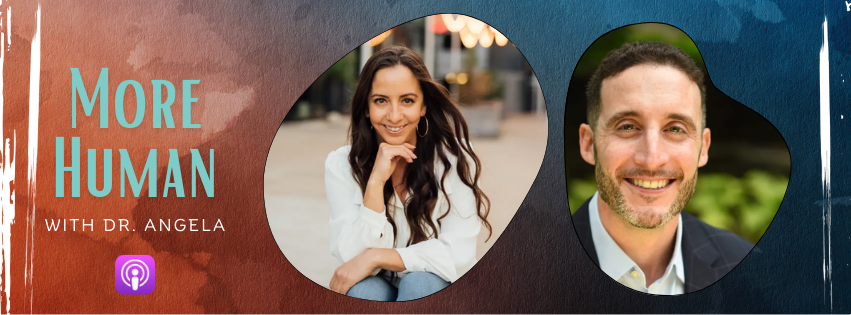Love the Problem, Not Your Solution
- Jul 11, 2018
- 3 min read
Updated: Jul 25, 2018

If you had told me a dozen years ago - when I was considering applying to rabbinical school - that not only would I be working outside the pulpit, but that one of my roles would be serving as faculty to teach entrepreneurs in a fellowship run by the United Church of Christ...well I’d have told you that becoming a Rabbi was exactly what I needed to do!
Having grown up in a lay-led Jewish community with no claim to a brick and mortar building, no paid staff, and no formal dues structure, I’d always been aware that Judaism isn’t fundamentally about the structures we’ve built around it (ie the delivery systems), but about the people we hope to serve, and the progress they want to make in their lives.
In this beautiful piece by my teacher, colleague, and friend Rev. Dr. Chris Davies, she offers insights into our conversations on Jobs To Be Done theory, and how it applies to our shared work of reimagining faith, together.
- Rabbi Elan Babchuck
Love the Problem, Not Your Solution
Rev. Dr. Chris S Davies
Speaking to spiritual entrepreneurs, Rabbi Elan Babchuck asks, “Do you love the problem more than YOUR solution?” He talks about how many people come with an idea polished and ready for funding, with a strategic plan and a business model and potential employees…. If only the money would come, this idea could change the world. They are so connected to their idea, that they miss the conversations with the people who would be impacted by their work, the collaborators that are already in the field, and the progress that might be made thereafter.
They are so enamored of their solution that they are not able to perceive the original problem; the job to be done by the mechanism of their project.
And I thought: wow. What, of this, is of congregations? What is the problem that the institutions are trying to solve? What is the job to be done for our congregations?
As I travel and listen to congregational leaders, I can’t help but wonder if there is a disconnect between our problem—the job to be done for faith—and the solution that we have fallen in love with. The problem is that people are disconnected from their neighbors and the divine. The problem is that people are isolated and more lonely than ever. The problem is that making meaning of the world in an increasingly polarized society needs community outside of our assumptions. The problem is that people need a way to mark the important moments in their lives before each other and before the divine.
And the solution? Come to an exclusive club where someone talks at you for one hour, one day a week, with people that are tangentially known pew to pew in a language that is nonsense if you haven’t grown up in it. Or come to a program we’ve been running for years because it worked at one point; even though it’s during work hours and/or there is no childcare. You come to us. Open the doors, and people will come.
Don’t get me wrong, the solution of a congregational experience is one that was absolutely appropriate for the job to be done of a town seeking to bring people together for community purposes and faith engagement; in a world before technological seduction, before soccer on Sundays, before the number choices of how to spend one’s time outside of home space and workspace was in the thousands… in that time, our solution was absolutely appropriate.
But the world has changed. What opportunity does this lead us as congregational leaders in this time? How do we both identify the problem we are seeking to solve… and then assess whether our solutions are in alignment with that problem? Who else is trying to solve the same problem in our communities, and what can we learn from them? As Rabbi Babchuck says, “The solution will never be permanent, but the problems always will be.” What I know is that faith will always be with us. The problem of how to move faith from one generation to the next will accompany people of faith forever after. And the solution of how to do that?
You tell me. Which do you love more… the problem, or YOUR solution?



